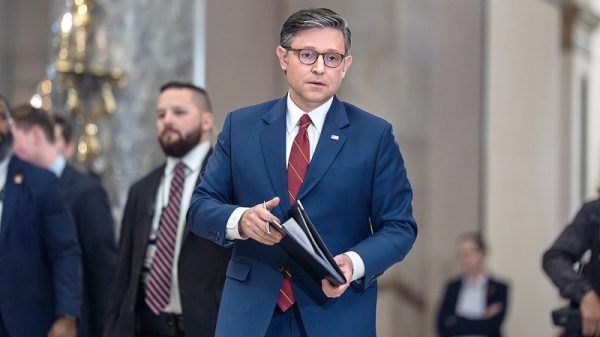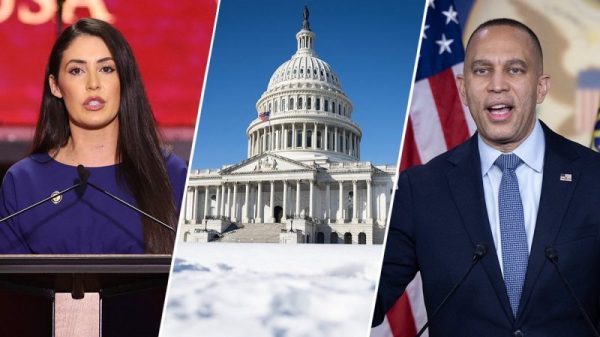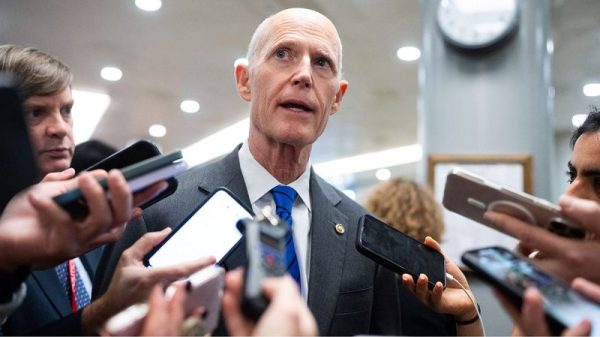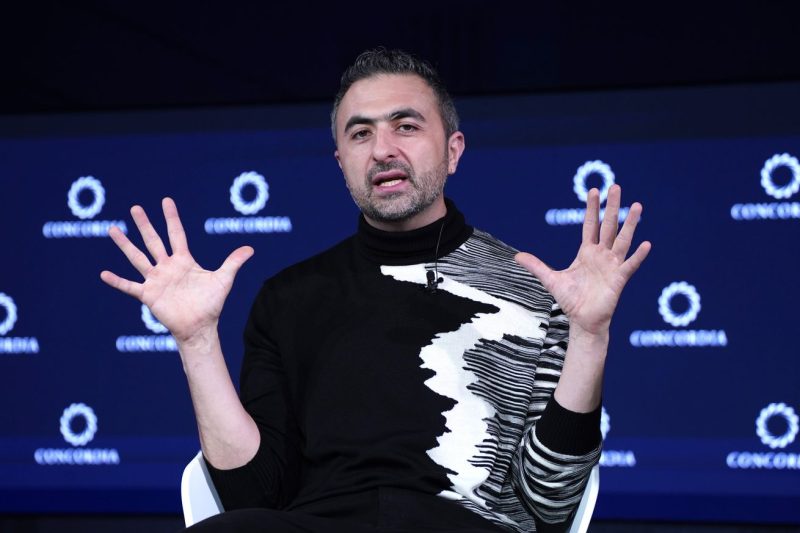In the age of digital information, the topic of content ownership and intellectual property rights has become increasingly complex and contentious. Recently, Microsoft’s AI boss made waves by stating that it is acceptable to steal content from the open web. While this statement may have raised eyebrows, it raises important questions about the nature of content sharing and the ethics of content usage.
One of the key arguments for sharing content from the open web is the principle of information accessibility. The internet was originally conceived as a platform for sharing knowledge and information freely, and many proponents of open access argue that information should be freely available to all. In this view, copying content from the open web can be seen as a way to democratize knowledge and make it accessible to a wider audience.
On the other hand, content creators and owners have a legitimate interest in protecting their intellectual property rights. Copyright laws exist to safeguard the rights of creators and ensure that they are fairly compensated for their work. When content is stolen from the open web without permission, it can undermine the rights of the original creators and deprive them of potential revenue and recognition.
Another aspect to consider is the impact of content sharing on innovation and creativity. Proponents of open access argue that sharing content freely can spur innovation by allowing others to build upon existing ideas and create new works. However, critics may argue that unrestricted copying of content can stifle creativity by discouraging originality and diminishing the value of intellectual property.
Ultimately, the debate over content sharing from the open web raises important questions about the balance between information accessibility, intellectual property rights, and creativity. While there are valid arguments on both sides of the issue, it is clear that finding a fair and sustainable solution will require careful consideration of the interests of content creators, consumers, and society as a whole.






















